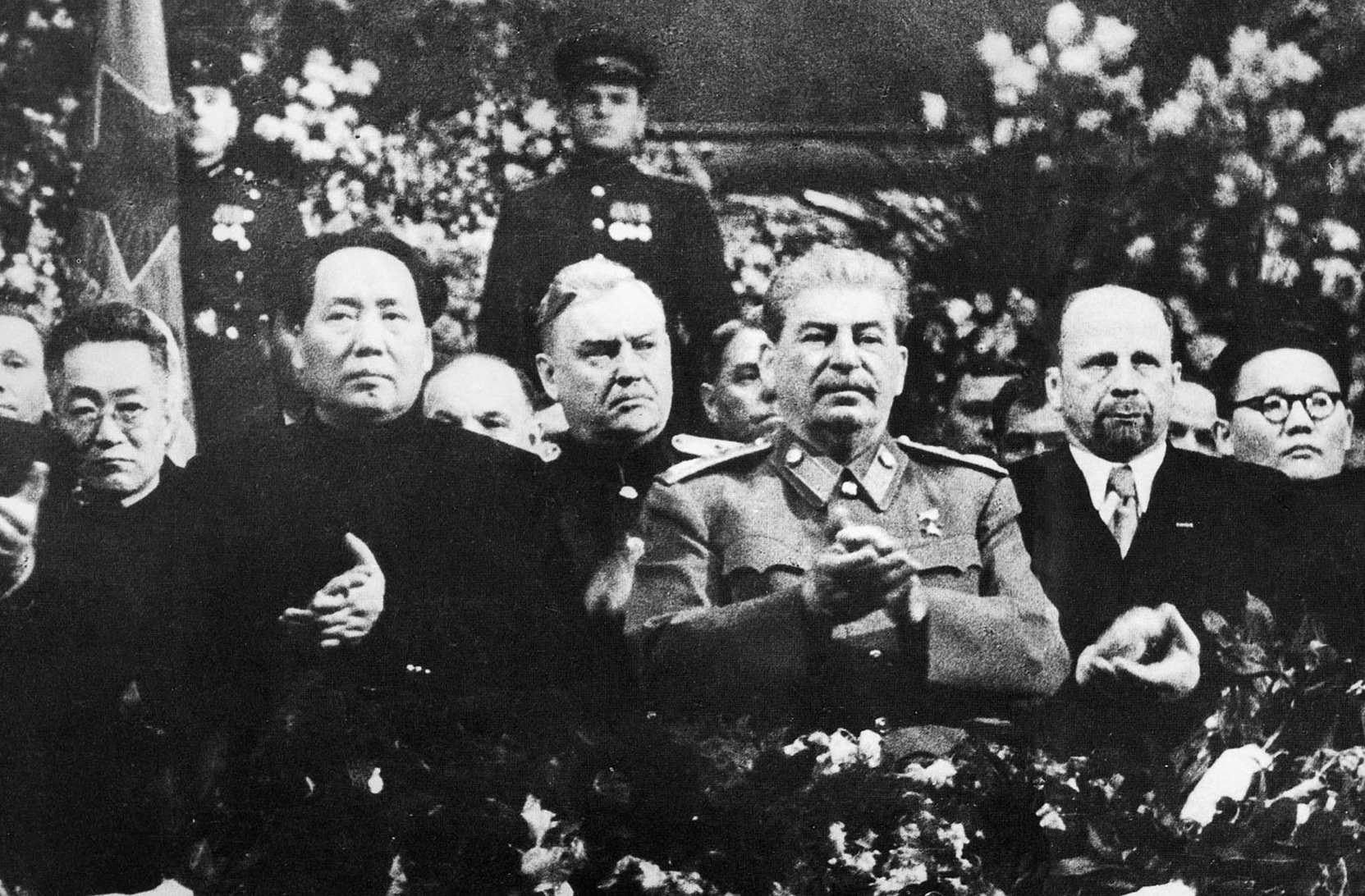Hygro
soundcloud.com/hygro/
You are talking about the Fed lowering rates fast. Okay, but that's a different topic than "artificially low for two decades".Voodoo is sticking pins in a mock up, hoping for a reaction. For an example, see Congress 1933-1939. I am talking about the Fed lowering the discount rate from 5.75% to 0.50% in under 2 years. The pin is a discount and overnight rate 4%+ below the treasury rate. What does the doll look like? Gold?
J
Congress 1933-1939 is not an example of voodoo. It's the most striking example of the power of fiscal policy. The economy comes roaring back in 1933 with the changes in policy, completely falls flat in 1937 after they reigned in spending cutting multiple programs while raising taxes, realized they caused they second largest recession in history and then began spending again and the economy bounced back as a result.
You have to be reading this somewhere... you gotta get some new sources man. What are you reading?



